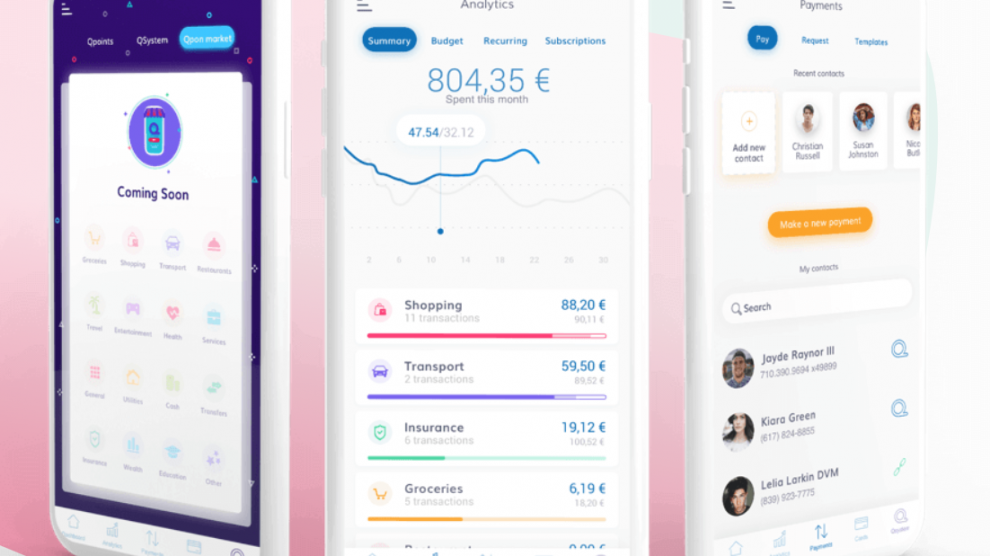Estonian fintech start-up SPARQ, which is set to bring gamification to personal finance, has secured 450,000 euros in financial backing from the Baltic International Bank.
“Now SPARQ has enough funds to realise our idea in full. The funds will be invested into two main directions – development of product and marketing,” says SPARQ CEO Danila Belokons.
This new money brings the start-up’s total funding to slightly over 500,000 euros, which the company plans to use to develop its “Early Access” stage and create a SPARQ dashboard. The dashboard, according to the company, will be an analytics tool that will help users take full control of their finances and monitor their expenses.
“Since our project is the combination of existing and innovative fintech solutions, a huge focus is placed on UX development,” says Mr Belokons.
Founded in 2019, SPARQ is targeting millennials as its primary demographic by offering a way to stay on top of one’s finances in a simple, intuitive, and gamified way. In doing so, the company hopes to remove the vagueness around banking and to make it simpler.
Right now the company is offering an Early Access Pack which gives users early adopter status, free access to premium features for three days, enhanced loyalty points, and other perks. SPARQ is calling on its users to become “financial heroes” by fighting vagueness, dullness, and complexity — which are three issues SPARQ has identified as preventing millennials from staying within their budget.
Early Adopters will also get the chance to build a closer relationship with the company and take part in app development.
SPARQ’s business is built on the so-called “freemium” model. In the free trial, users can send and receive money through the app, transact with other European banks, and withdraw up to 400 euros from ATMs with no fees. In the premium tier the limits on transactions are upped and users also generate Qpoints though completing various gamified challenges.
These points can then be used to buy products offered by SPARQ as well as to upgrade the Qpon, a system in which users can benefit from discounts when they use the prepaid debit card issued by the company.
Currently, the SPARQ app relies on user input to get the necessary financial data for analysis, but the company plans to make it completely automatic in the future by letting an AI collect and analyse data.
Since the release of its Early Access Pack, the company has reported an uptick in new user registrations on the platform.
SPARQ is the latest of several fintech start-ups to emerge from Estonia, the most successful of which has been TransferWise.
Last week, TransferWise, which was founded by two Estonians in 2010, said that its net profit more than doubled to 23.39 million euros in the fiscal year to March 2020, with annual revenues coming in at 332.2 million euros, up almost 70 per cent from the previous year. CEO Matt Briers said that the crisis caused by the Covid-19 pandemic had been “financially positive” for the company due to the shift to online services.
TransferWise’s annual accounts have been in the black since 2017, a rare display of sustainable growth in the fintech sector, and was valued at five billion US dollars in its last funding round last year.
—
Unlike many news and information platforms, Emerging Europe is free to read, and always will be. There is no paywall here. We are independent, not affiliated with nor representing any political party or business organisation. We want the very best for emerging Europe, nothing more, nothing less. Your support will help us continue to spread the word about this amazing region.
You can contribute here. Thank you.







[…] Source link […]